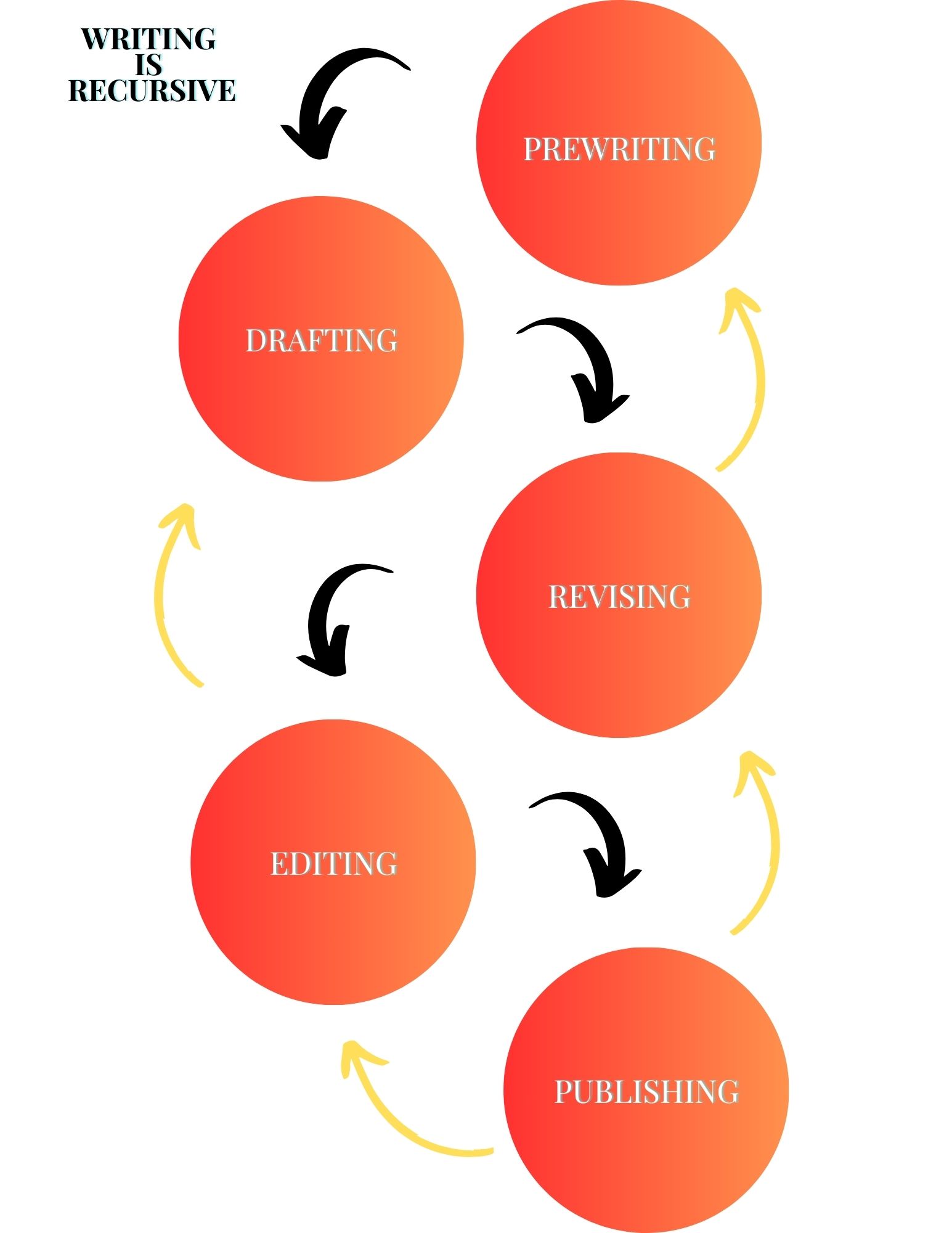Hello, and welcome to another edition of the “Reading of…” series. Today we begin our journey into Baroness Orczy’s The Scarlet Pimpernel, written in 1905. It is a story of intrigue, violence, courage, and adventure. I think after the grimness of The Halloween Tree, we aught to lighten the mood with a story of committing to what you believe in during times of strife. While there are many dark implications in this novel, it is definitely closer to The Three Musketeers (1844) by Alexandre Dumas than it is of dark horror.
Meanwhile, today on the blog we are going to explore the first eight chapters of the novel, which describe The Scarlet Pimpernel’s exploits in France during the revolution. We also meet the cast of characters and get embroiled in the drama of the reign of terror and the republic.
Chapter 1
In the first part of the book we learn about Guillotine and the retribution with which the French people have exacted against the aristocrats who have allowed them to toil in squalor.
“During the greater part of the day the guillotine had been kept busy at its ghastly work: all that France had boasted of in the past centuries, of ancient names, and blue blood, had paid toll to her desire for liberty and for fraternity,” Orczy states of the current situation in France.
As aristocrats are brought to the guillotine, many try to escape–aided by a heroic Englishmen who goes by the name of The Scarlet Pimpernel. He is daring and intelligent, and stands in contrast to the French Revolutionaries.
Meanwhile, the French Revolution is spearheaded by the guard Bibot, who will do anything to stop The Scarlet Pimpernel from his continued liberation of the aristocracy. The stories claim that he travels with a group of other Englishmen of remarkable intelligences.
“Strange stories were afloat of how he and those aristos whom he rescued became suddenly invisible as they reached the barricades and escaped out of the gates by sheer supernatural agency,” the text states.
Twice in this chapter The Scarlet Pimpernel alludes Bibot and his men; once by pretending the Scarlet Pimpernel was in a cart–when he was in fact right in front of the guard–and once when he was literally driving a cart from France in Bibot’s face.
Chapter 2
In this chapter, we encounter the “The Fisherman’s Rest” in and are introduced to Mr. Hempseed, Mr. Jellyband, and Sally. All of which are interesting people engaged in conversation about the particulars of European culture and criticisms.
The text states: “Mr. Jellyband had appealed to the company in general, who were listening awe-struck and open-mouthed at the recital of Mr. Peppercorn’s defalcations. At one table two customers—gentlemen apparently by their clothes—had pushed aside their half-finished game of dominoes, and had been listening for some time, and evidently with much amusement at Mr. Jellyband’s international opinions” (Orczy).
Mr. Jellyband feels as though his attitude toward Britain and the French Revolution could not be swayed. A few strangers sit idly by instigating the man into questioning his logic.
Chapter 3
There is continued deliberation in this chapter of the tenets of The French Revolution. England has yet to interfere with the peasant revolt even though the king of France has been thrown in prison by the mob.
As they discuss, Lord Anthony Dewhurst and another man enter the Inn and thank Mr. Jellyband for his intervention in saving him from the clutches of the mob. The “door had been thrown open from outside, and the next moment an arm, covered in drab cloth and dripping with the heavy rain, was round pretty Sally’s waist” (Orczy).
More aristocrats enter the Inn (Refugees) and thank the man, and they find themselves well within the comfort of the inn while awaiting Sir Percy Blakeney and Lady Blakeney.
Chapter 4
The debate continues further and The Scarlet Pimpernel (who may have been in the room in disguise) is revealed to be a lover of humanity, and thus his motivations for saving the aristocracy of France is revealed. As the text tells us: “And all only for sport? Impossible! Suzanne’s eyes as she sought those of Sir Andrew plainly told him that she thought that he at any rate rescued his fellow-men from terrible and unmerited death, through a higher and nobler motive than his friend would have her believe” (Orczy).
However, the dinner group in the inn is more interested in discussing English superiority and aristocratic legitimacy in the face of a petty revolt.
Chapter 5
It is here that Lady Blakeney arrives and upsets one of the rescued French aristocrats (Comtesse) who warns her daughter Suzanne not to speak with the recently-arrived woman.
The woman is cold to Marguerite, and tells her “We are in England now, Madame … and I am at liberty to forbid my daughter to touch your hand in friendship.”
Furthermore: “She beckoned to her daughter, and without another look at Marguerite Blakeney, but with a deep, old-fashioned curtsey to the two young men, she sailed majestically out of the room” (Orczy).
Lady Blakeney, 25 years old and full of intelligence, snaps back at the woman, who steals her daughter away and runs upstairs at the laughter of the crowd.
Chapter 6
Sir Percy Blakely arrives and reveals himself to be a kind but dimwitted Englishman. The reality is that Sir Percy is in fact The Scarlet Pimpernel, who is in fact intelligent, craft, and far more capable in any means of physical prowess than anybody in the room.
Yet, Sir Percy seems to play a aloof and is talked down to by his wife Lady Blakely, Marguerite, who can be clever, cruel, and believes in intelligence as a prominent characteristic. However, she seems to enjoy making fun of Percy at his own expense.
Sir Percy is challenged to a duel by Vicomte–for a perceived insult–but the wayward hostilities are put on the wayside for a drink, and Marguerite leaves to find her brother, Armand, as their boat is expected to return and depart soon–her contempt for Sir Percy is apparent.
Chapter 7
Next, more is revealed about Marguerite as she speaks with her brother about the revolution in France. Her brother, a high-ranking member of the Republic, firmly believes in the mission of the revolution, but Marguerite feels as though the violence is too extreme; yet, Armand is trapped in his loyalties as we will come to find out.
In talking to Armand, Marguerite says: “‘They are going too far, Armand,’ she said vehemently. ‘You are a republican, so am I . . . we have the same thoughts, the same enthusiasm for liberty and equality . . . but even you must think that they are going too far . . .’” (Orczy).
Marguerite explains how she feels for being involved in execution of a noble family, and the guilt that accompanies that feeling; likewise, she explains her love of Sir Percy even though she seems to dislike him quite a bit, and that his loss of love for her has actually caused her to love him.
Chapter 8
In quiet contemplation, Marguerite examines aspects of her life that trouble her greatly. For instance, she feels innocent of the crime she think she committed, but her husband, seemingly feels as though she is guilty. As well, she recollects Armand’s love of a girl that got him beat in the streets by the valets of aristocracy.
Such violence begat the violence in Armand, Marguerite surmises.
She remembers everything, “what her brother must have suffered in his manhood and his pride must have been appalling,” additionally “what she suffered through him and with him she never attempted to even analyze” (Orczy).
On her way back to the inn, she encounters Chauvlin, a man she has known for many years. He begs her to find The Scarlet Pimpernel to punish him for his transgressions against France and the Republic. At this point in the story, The Scarlet Pimpernel is a folk hero, and there are many citizens on both sides–French and British–that enjoy hearing of his exploits and adventures.
Conclusion
Orczy spends a great deal of time discussing the superiority of both the English and the aristocracy in these chapters. The French republic is often referred to as bestial in nature and with impunity, contrasted against the more civilized English society that refuses to intervene in the revolution.
Additionally, The Scarlet Pimpernel is given superhuman abilities in a way–intellectually and physically– to defeat his foes and free French aristocrat from the tyranny of the republic. Currently, death is widespread and many people who are accused of treasonous behavior have two options: be acquitted or be executed. Many never see the former.
The emphasis of Orczy on who is more civilized is an interesting viewpoint to take in a book that is about the ills of too much power and how revolutions can go sideways. The Scarlet Pimpernel, an honorable man who stands for the justice of humanity (at least his belief in humanity) fights against the oppression of the republic by smuggling out the aristocrats that are charged with a crime. Thus, Bibot and company swear to find him and put an end to his lawful menacing.
Next week we will learn more about The Scarlet Pimpernel’s exploits and background–along with his physical abilities.
Works Cited
Orczy, Baroness Emma. The Scarlet Pimpernel. Penguin Books, 1982. Print.








Leave a Reply